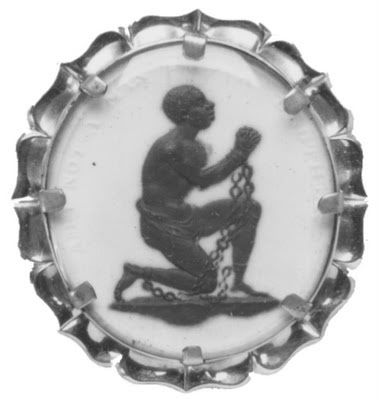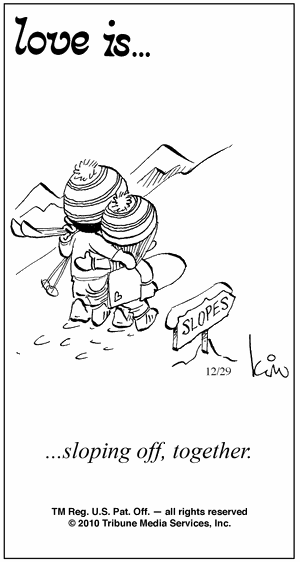


Shem Hotep ("I go in peace").
Distressed By Stress?
How to turn off your body's automatic tension switch
and keep strain within manageable levels
It looks like an epidemic. It is everywhere. And it seems as if everyone has been afflicted by it — mothers, fathers, lawyers, doctors, nurses, preachers, teachers — no profession or individual has been left unscathed.
I call it Public Enemy No. 1. You may just call it stress.
You experience stress from four basic sources:
1. Environment. The sun, rain, pollution, noise and more can affect your mood.
2. Social stressors. Outside forces such as deadlines, financial problems, your work environment, long hours on the job and staff shortages can increase your stress level. Personal changes like the loss of a loved one or constant demands on your time from family and friends can also be a factor.
3. Physiological stress. Biological changes like menopause in women, illness, aging, lack of exercise and weight gain can increase your overall stress level.
4. Your thoughts. Your brain is like a giant computer that interprets changes in the environment and decides when to turn on your body's emergency response. How you interpret and label your present experience and what you predict for the future can serve to either relax or stress you.
Stress really begins with your appraisal of a situation.
The Stress On/Off Switch
Hans Selye, the first major researcher on stress, found that any problem — real or imagined — can cause a biological response. When a potential stressor is identified by your brain, the cerebral cortex sends an alarm to the hypothalamus. That, in turn, stimulates the sympathetic nervous system to make a series of changes in your body. Your heart may race. You may start breathing faster. Your hands and feet may get cold as blood is directed away from your extremities and digestive system and into the larger muscles that can help you fight or flee.
Unfortunately, problems arise when the fight and flight response continues unchecked as it does during times of chronic stress. Your adrenal glands start to secrete corticoids (adrenaline or epinephrine and norephidrine), which inhibit digestion, reproduction, growth, tissue repair and the response of your immune and inflammatory systems.
Fortunately for us, the same mechanism that turns on the stress response can also turn it off. This is called the relaxation response. As soon as you decide a situation is no longer dangerous, your brain stops sending messages to your nervous system. Three minutes after you shut off the threat, your brain stops sending messages to your nervous system and the fight or flight response burns off.
It is interesting to note that approximately 3 minutes after the fight and flight response is extinguished, your metabolism, heart and breathing rate, muscle tension and blood pressure all return to normal.
Coping With Stress
We must be very concerned about continuous stress. Stress can be cumulative if the stress receptors are constantly turned on. For example, stress from 2 years ago could still be affecting you now. It becomes important to know ourselves and our ability to cope with stress well enough to know when we need to ask for help. We need to cope with stress, not bottle it up.
There are some simple things we can do to reduce our stress level.
Body Scanning
Body scanning involves taking a mental inventory of areas of tension in our body and mentally releasing this tension.
Want to try it? Close your eyes and ask yourself "Where am I tense?" Start with your toes and mentally move up your body. When you find a tension area, e.g., your neck, tell yourself that neck tension creates tension in your shoulders, your jaw, your entire body. You are hurting yourself. Tell yourself to let go of the tension. Then do it.
Stress Journal
Keep a stress awareness journal for 2 weeks. Make a note of the times of day that are most stressful to you and what activity or activities you are involved in.
Be very specific in your journal. For example: 7 a.m. — Arrived at work. The night nurses had emergencies all night, the unit feels like a mad house. I've been here 3 minutes and already I'm tense.
By keeping a stress awareness journal, you will be able to see your own stress patterns. You'll be able to plan your day better, thereby avoiding as much stress as possible.
Next develop a plan of action to deal with everyday stress.
Meditation
Meditation is the practice of uncritically attempting to focus your attention on one thing at a time. It is relatively unimportant exactly what that thing is and varies with one tradition to the next.
For example, you could use the cardiac monitor, IV pole, the tip of your nose, even your mother's maiden name as a focus point. The heart of meditation lies not simply in focusing on one object to the exclusion of all other thoughts, but rather in the attempt to achieve this type of focus.
The nature of the human mind is such that it does not want to stay focused. It may take some time for you to achieve a meditative state. You don't have to feel like you're relaxing in order to actually become relaxed while meditating. However, when you open your eyes at the end of your meditation you should feel much more relaxed than you did before meditating.
Harness Your Imagination
You can significantly reduce your stress with something enormously powerful — your imagination. While it's hard to will yourself into a relaxed state, you can imagine relaxation spreading through your body and can visualize yourself in a safe, beautiful space.
Emile Coue, a French pharmacist, believed the power of imagination far exceeded that of the will. Coue asserted that all of our thoughts can become reality.
How many times have you heard: You become what you think? If you think sad thoughts, you become sad. Therefore, if you think happy thoughts, soon you'll be happy.
Effective Visualization
There are some ways to make your visualization more effective. First, find a quiet place where you can be by yourself. Loosen your clothing, lie down and close your eyes. Mentally scan your body to see if there is tension in any specific muscle. If you find tension, relax that muscle. Use an affirmation. Repeat short positive statements that affirm your ability to relax now in this moment. Use present tense and avoid negatives. Don't tell yourself "I am not tense," rather, say "I am relaxing. I am relaxed."
Visualization practice is easiest in the morning and at nighttime while you are lying in bed.
Scent and Music Therapy
I have found that using all kinds of aromatic scents — such as essential oils or incense — helps me relax. I often combine this with a music CD designed to help produce alpha waves. Alpha waves are the rhythm the brain produces when you are in a relaxed state. I combine the two into what I call scent and sound therapy.
Nourishing Your Spirit
The best advice I will give you is to develop a passion for life. Nourish your spirit.
When I say spirit, I do not mean spirituality as organized religion. In German there are two words to represent the different kinds of spirituality. "Geistlich" means spiritual matters reflecting a religious orientation and "Geistig" refers to spiritual matters without ties to a specific religion. It is "Geistig" that I write about.
Nourish your spirit by doing things that have personal meaning to you and enhance your life. Take time to hear the squawking of birds; recognize the thoughtfulness of colleagues


















